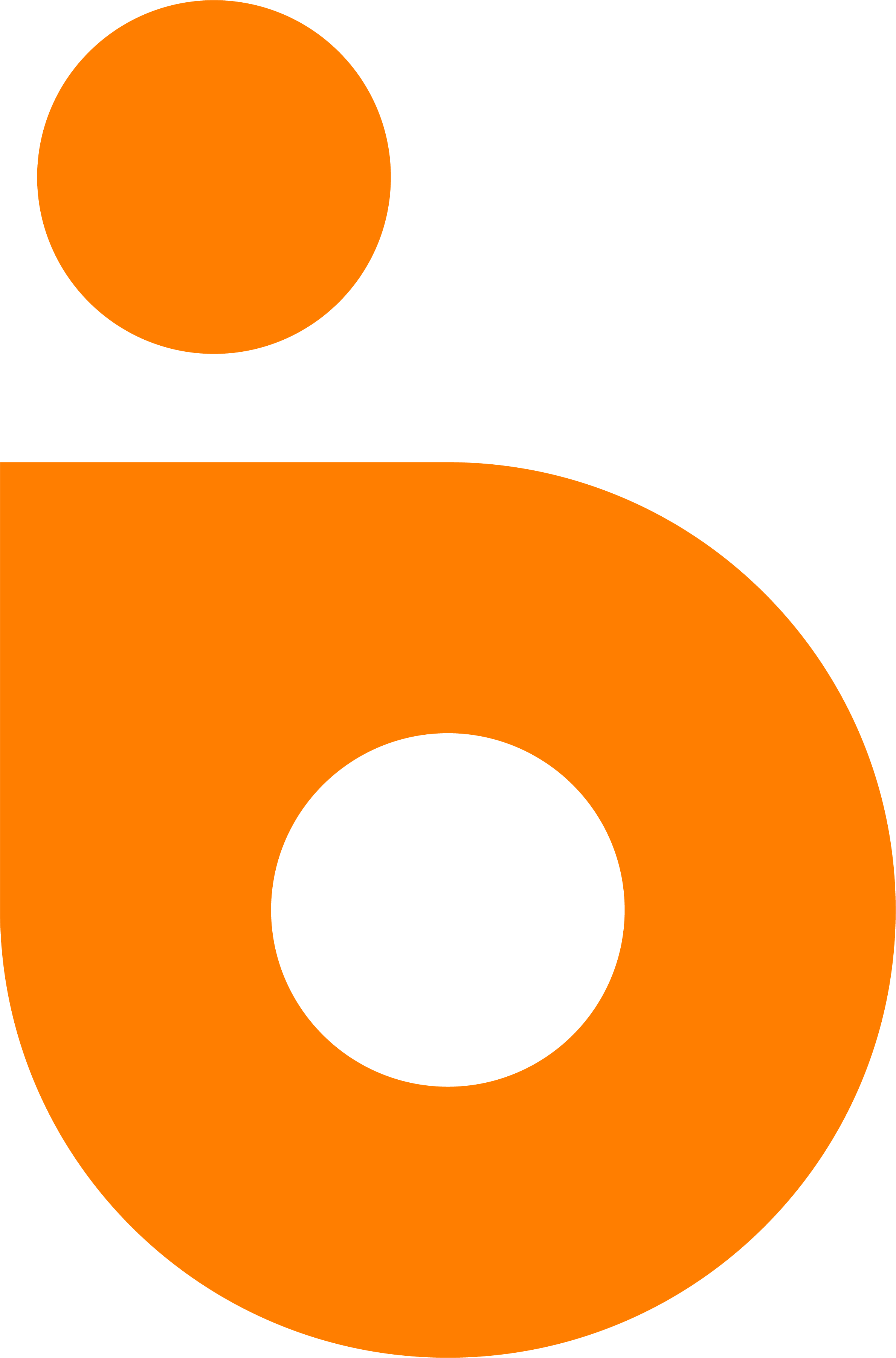EXTENSION CABLE 5M
Pairs well with
EXTENSION CABLE 5M
If you have any questions, you are always welcome to contact us. We'll get back to you as soon as possible, within 24 hours on weekdays.
-
Artwork Information
You can upload your artwork at any point using the following link: Artwork Upload
-
Contact us
if you need to get in contact don't hesitate to reach out.
-
Turnaround Time
Your display will typically be delivered within 5-7 business after your artwork approval.
-
Free Proofing
We offer free proofing that includes 3D renderings of your artwork on your backlit display.
